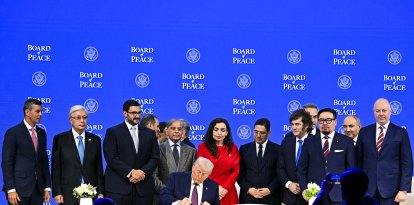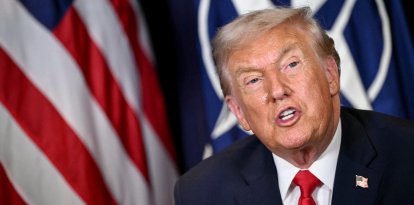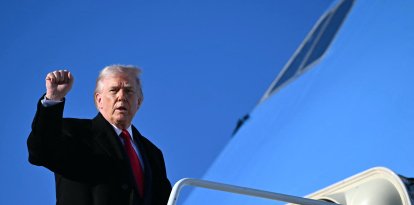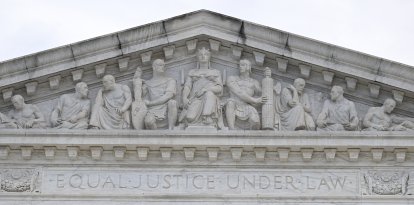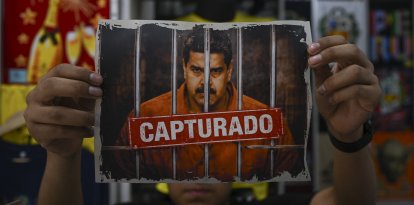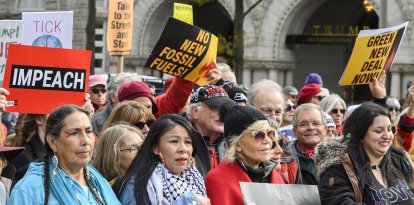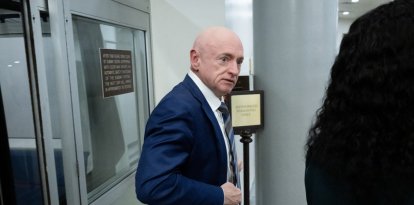Zuckerberg: The FBI pressured Facebook to censure the news about Hunter Biden’s computer
The case "sucks", because "nobody was able to say that the information was false", says the businessman.

Mark Zuckerberg en The Joe Rogan Experience.
The CEO of Meta, parent company of Facebook, has granted Joe Rogan a lengthy interview in which he mentions how the FBI forced him to censor information related to Hunter Biden's computer:
Mark Zuckerber added, "If the FBI... they come to us and tell us that we need to be on guard about something, then I want to take that seriously."
Then, Joe Rogan asked him, "Did they specifically say that you needed to be on guard about that story?" he says in reference to Hunter Biden's laptop. The businessman says he does not recall whether they referred to this particular matter, but he does say that the issue "fits the pattern" of what the FBI had told them.
The issue "sucks": the trial metaphor
Meta's executive says the whole thing "sucks" because ultimately "no one was able to say that (the information on the matter) was false." But it "sucks" like in the case of a person "who has to go to a criminal trial, but being proven innocent in the end." In other words, "it sucks to go through" that, "but in the end, you're free."
But the comparison to a trial doesn't quite hold up. On the one hand, this is because the trial is secret. We do not know the terms of the trial, beyond the pressure from the FBI. What we did see is how the sentence was applied: the censorship to which true information was subjected by Twitter and Facebook.
There is another reason why the comparison is not effective. Ultimately, the information was free, but it was free when it was no longer politically relevant, because the presidential elections had already passed. Four out of five Americans believe that the outcome of the 2020 election would have been different if Americans had not been denied knowledge of the contents of junior Biden’s computer.
Twitter banned from sharing information
Zuckerberg says they noticed that Twitter had censored any postings that made mention of the information The New York Post was putting out about the contents of Hunter Biden's computer. "Our protocol," explains Meta's CEO, "is different from Twitter's. What Twitter did is they said 'you can't share this at all.' We didn't do that".
What Facebook did was to limit the distribution of information about the content of the laptop, "but people were allowed to share it.” However, "the news wall ranking was somewhat lower,” so "fewer people saw it than would otherwise have seen it.” When asked by Joe Rogan, the businessman was unable to specify what percentage of hits were limited by Facebook's policy, but he does say that "it's significant." This partial censorship of information lasted, according to Zickerberg, "six or seven days.”














